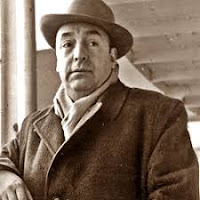Education in emergencies
Education in emergencies Wars, conflicts and natural disasters spare no children. In fact, children suffer the most. In countries affected by emergencies, children often lose their homes, family members, friends, safety and routine. Without access to education, they are at risk of losing their futures. Over the past half century, the world has seen a rising number of crises stemming from conflict, natural disasters and epidemics. Worse, many crises are prolonged, spanning entire childhoods and persisting for generations. When they disrupt schooling, it not only undermines children’s present well-being, but also puts their futures – and those of their societies – in jeopardy. The numbers on education in emergencies: • 1 in 4 of world’s out-of-school children live in crises-affected countries • In 35 crisis-affected countries, humanitarian emergencies and protracted crises disrupted the education of 75 million children between the ages of 3 and 18. • Over 17 million school...
